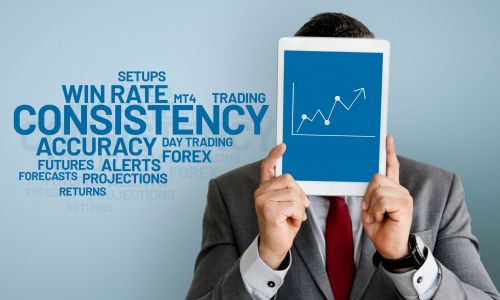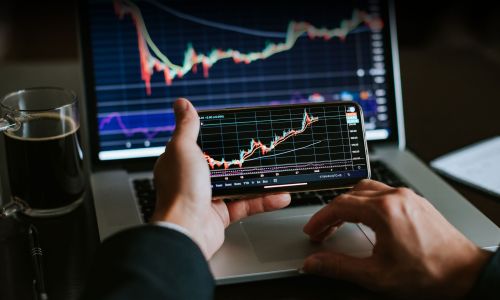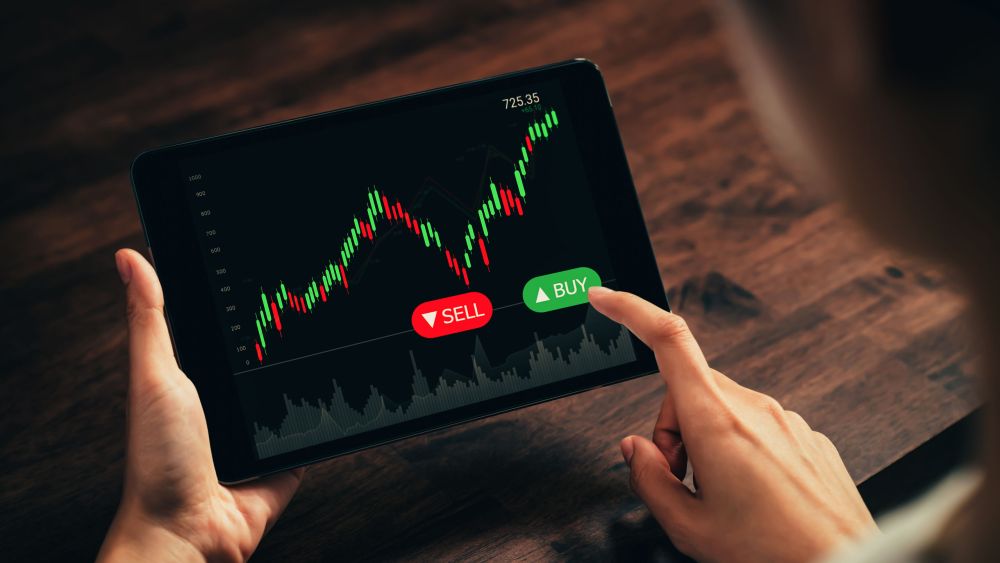Trading tips? Wall Street is notorious for long hours, stressful work environments, and constant interruption. But 99% of traders aren’t on Wall Street. Don’t think you have to be working 24/7 in order to be a trader. To have a long career, it’s far more important to protect your time and energy. To do so, you’ll need to avoid three closely related things: distractions, overtrading and burnout. These trading tips can help you get the right focus.
Time is money. But you can only make one of them in the stock market.
There are more distractions available to traders than ever before. This shouldn’t be news to anyone. News. Charts. Tweets. Reddit threads. Announcements. Mergers. IPOs. And that’s just the stuff that has to do with trading! Add in a typical mix of chores, kids, social media, emails and work, and you’ve got enough distractions to easily waste an entire day, especially since every distraction can waste up to 25 minutes. Eliminating distractions, both personal and professional, is the first step to trading smarter. While you can’t mute your wife and kids, you can silence a lot of digital noise, so start there:- Put your phone and email on Do Not Disturb for an hour to carve out an hour here and there.
- In your trading station, get rid of live tickers for stock prices and news headlines. These provide more distraction than useful information.
- Log out of social media (or delete the apps from your phone) so you aren’t tempted to check them constantly.
- Cut down on indicators and signals. If you know, you know. If you don’t know, too many signals will only confuse you.
It’s not the trades you make. It’s the trades you don’t.
Spending all day at your trading desk makes you want to spend all day trading. But the fact is, every trade is a chance to lose money, and avoiding losses is essential to survival. This study from 2000 sums up overtrading brilliantly: “Individual investors...pay a tremendous performance penalty for active trading. Overconfidence can explain high trading levels and the resulting poor performance of individual investors. Our central message is that trading is hazardous to your wealth.” Try these steps instead:- Pick a time window when you can actually focus on trading – maybe 2–4 hours in the morning – and use that time to actually execute trades.
- The rest of the day, do the rest of the work: research, news, programming, whatever it might be. Instead of trying to sneak in these important activities between trades, give them the focus they deserve – after hours.
Chill out before you burn out.
Burnout looks different on everybody. It might be irritability, depression, foggy thinking, or even an inability to focus. And it doesn’t always have to be work related. If you’re always checking social media and news, you’re still stimulating the same parts of your brain that work-related stress does, which can fuel burnout. Here are some small ways to prevent burnout, decision fatigue and brain fog before they become a problem:- Use a checklist. A to-do list can help you know when you’ve cleared your plate for the day, but it’s not always clear when a trader’s work is “done.” Instead, use a checklist of common tasks you do regularly, such as “Check S&P 500 50/200 SMA”, “Read Biotech News Digest”, etc.
- Get up! Make your break a real break. Don’t just sit there in your Aeron checking your phone. Go stretch, walk, make coffee, or whatever really takes your mind off trading.
- Talk it out. Having someone to talk to, even if they aren’t a trading expert, can get you out of your own head. Sometimes, just the act of explaining what you’re thinking of doing can help you point out flaws in your logic before it’s too late.
-

Consistency Isn’t the Goal—It’s the Outcome
-

What 2 Quadrillion Data Points Told Us
-

Math and Physics-Based Trading in Any Market Condition
-

Do not worry about anomalies
-

Consistency should not be the goal. Consistency should be the result.
-

Stop canceling fridays
-

The Elliott Wave Forecast is Subjective, Bias Driven And Backwards looking
-

Finding patterns in market data
-

Taking profits through the trade timeline
-

What is your win ratio and you really want to know?

